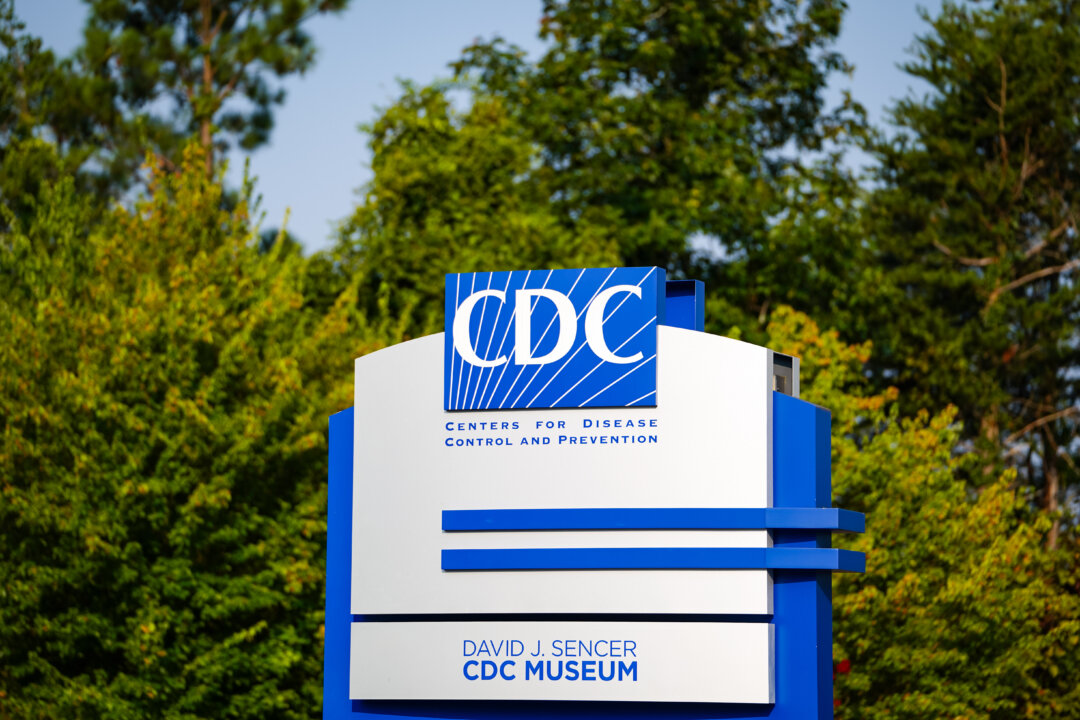
Recent studies from the American Cancer Society paint a stark picture of the future: cancer diagnoses are expected to surge by a staggering 77% worldwide by the year 2050. This increase is attributed to a combination of factors, including longer life expectancy, advances in medical technology aiding early detection, and changes in population demographics. Dr.
Beejadi Mukunda, a leading medical expert, points out that as people live longer, the likelihood of developing cancer rises. However, he highlights a silver lining—improvements in medical technology mean we’re catching cancers earlier, which not only increases reported cases but also enhances treatment outcomes through timely interventions. In 2022 alone, nearly 20 million new cancer cases were reported globally, resulting in close to 10 million deaths.

Looking ahead, demographic projections suggest that annual new cancer cases could reach a staggering 35 million by 2050. Factors such as population growth, lifestyle changes (like rising obesity rates and smoking), and even accelerated aging among younger individuals contribute to this concerning trend. One notable aspect of this shift is the growing incidence of human papillomavirus (HPV) among cancer patients.
HPV, a common virus, can lead to cancers later in life, beyond its well-known association with cervical cancer. Doctors like Dr. Sameep Kadakia are seeing more cases of HPV-related cancers like squamous cell carcinoma, which was traditionally linked to sun exp.















